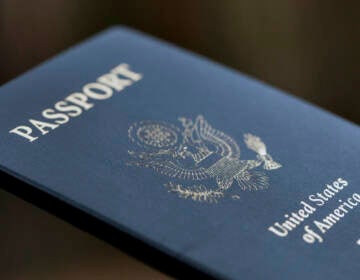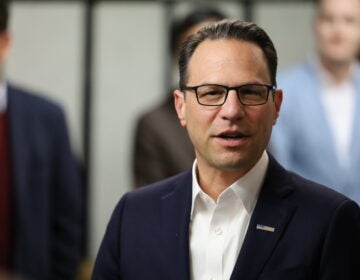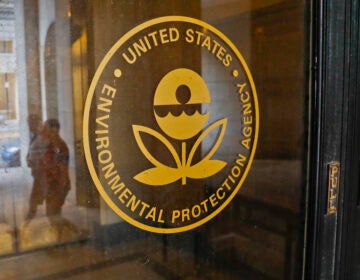Misguided protest in Philadelphia against U.S. Customs pre-inspection in Abu Dhabi.
An unusual demonstration occurred on the Wednesday before Christmas at Philadelphia International Airport when members of Congress and union and airline industry representatives gathered to protest the decision of the Department of Homeland Security to open a U.S. Customs pre-clearance facility at the Abu Dhabi International Airport in the national capital of the United Arab Emirates.
The Customs and Border Protection bureau of Homeland Security already operates such facilities at 15 international airports around the world to pre-inspect passengers and cargo bound for the U.S. Once pre-inspected, arriving passengers and cargo can enter the U.S. upon arrival without any further formalities, avoiding the long lines that usually face arriving passengers from international flights.
Congressman Patrick Meehan (R-PA) and other speakers at the protest expressed concern that the new pre-clearance facility would afford a competitive advantage to the only airline to fly directly from Abu Dhabi to the United States, Etihad, the state-owned national airline of the United Arab Emirates. The Congressman said, “Abu Dhabi cut a deal with Customs,” that he described as “pay to play”, a term commonly used to describe how money improperly influences government decisions.
The criticism of the new plan for pre-inspection at Abu Dhabi is misguided because pre-inspection is in the best interests of the United States. Especially since the 9/11 terrorist attacks in 2001, the U.S. has been trying to expand pre-inspection overseas.
As much as possible, we would greatly prefer to inspect passengers and cargo before a flight departs from overseas for the U.S., rather than after a flight arrives in the U.S. It’s easier to turn aside prohibited cargo and inadmissible persons while still outside the U.S. After arrival at a U.S. airport, even inadmissible persons can make asylum claims to try to prevent their removal, which must be processed at the expense of American taxpayers.
Why aren’t all international flights to the U.S. pre-inspected before departure? The answer is that pre-inspection is very expensive. Stationing U.S. government personnel at overseas duty posts costs a lot more than simply adding them to payroll at an airport in the United States. Additional costs are incurred for living and operating overseas, for security and protection while overseas, for special training, and for travel to and from duty posts.
Negotiating a cost-sharing agreement with host countries willing to support U.S. pre-inspection is normal, and the willingness of Abu Dhabi and other countries to contribute to the cost of pre-inspection should be welcomed.
Concern over disadvantaging U.S. air carriers should be addressed by negotiations to ensure their access to operate at all airports, and especially those served by U.S. Customs pre-inspection. Normally international airports welcome service by U.S. air carriers because of the additional fees collected and business generated. That’s how political concerns should be addressed, not by obstructing the business and national security interests of the United States.
WHYY is your source for fact-based, in-depth journalism and information. As a nonprofit organization, we rely on financial support from readers like you. Please give today.




